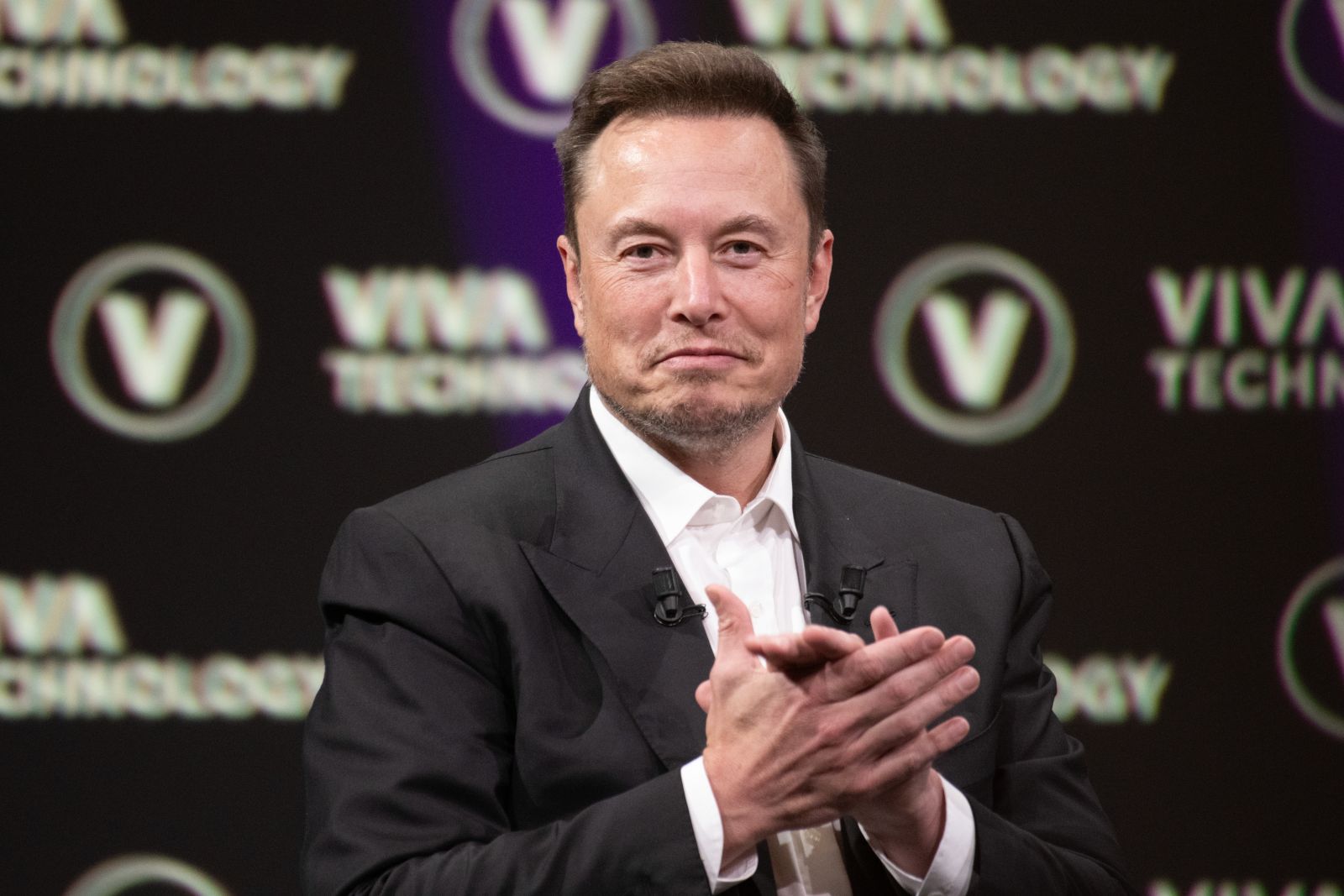
In a recent interview, Elon Musk revealed that his role within the Department of Government Efficiency (DOGE) is hurting, not helping, his business interests. The comments come amid ongoing public scrutiny over Musk’s proximity to political and regulatory circles, and whether his influence translates into advantages for Tesla (TSLA), SpaceX, and his other companies.
When asked whether his government role benefits his ventures, Musk said: “It’s disadvantageous for me to be in the government, not advantageous. If I wasn’t in the government, I could lobby. And I could push for things that are advantageous to my companies and probably get them, probably receive them. My companies are suffering because I’m in the government.”
What Is DOGE?
The Department of Government Efficiency, commonly known as DOGE, is a newly formed federal initiative tasked with identifying inefficiencies across government operations and recommending tech-driven reforms. Musk was brought into the program in an advisory capacity earlier this year, with the aim of applying his private-sector experience to public-sector challenges, particularly in procurement, data management, and logistics.
The appointment was met with mixed reactions. Supporters saw Musk’s inclusion as a smart move by the federal government to leverage innovative thinking. Critics, however, raised concerns about potential conflicts of interest, given Musk’s extensive business dealings with federal agencies — including NASA, the Department of Energy, and the Department of Defense.
The Business Perspective: Influence Versus Access
Musk’s comments in the interview push back on the idea that participation in public initiatives provides preferential treatment. Instead, he framed it as a constraint. Under ethics rules and transparency requirements, officials and advisors serving in government-affiliated roles face limits on lobbying and direct corporate advocacy.
This distinction has material consequences. Tesla, for example, operates in a policy-sensitive space where tax incentives, environmental regulation, and global trade play major roles in shaping competitive dynamics. SpaceX regularly bids on federal contracts. Musk’s frustration reflects the reality that, unlike other CEOs, his public role restricts his ability to lobby aggressively for regulatory or financial support.
A Broader Pattern: Disruption Without Deference
Musk’s candor on the matter aligns with his long-standing approach to institutional power. From his early battles with auto dealers and state regulators to his vocal criticism of the Securities and Exchange Commission and transportation authorities, Musk has never shied away from challenging entrenched systems. His involvement with DOGE is arguably a continuation of this pattern — an attempt to reform inefficiencies from within.
However, his acknowledgement that it’s coming at a cost to his companies underscores the limitations of trying to straddle both public and private arenas. Unlike tech CEOs who primarily influence government from the outside, Musk now occupies a semi-official role that constrains his typical strategies.
Investor Outlook and Strategic Impact
From a market standpoint, Musk’s remarks signal several key insights for investors:
- Tesla and SpaceX are not benefiting from insider government access; instead, they may be operating with fewer political tools at their disposal than peers.
- Musk’s influence remains ideological and reputational, not transactional. His ability to shape discourse is unmatched, but that doesn't necessarily equate to regulatory favor.
- DOGE represents an experiment. If it proves effective, Musk’s reputation as a reformer may grow, but the near-term business cost may persist, especially if competitors exploit traditional lobbying mechanisms and political turmoil.
The acknowledgment that his companies are “suffering” due to his public service could reframe how investors interpret his focus. It also raises questions about bandwidth and prioritization, particularly given his simultaneous leadership roles at Tesla, SpaceX, Neuralink, and X (formerly Twitter).







